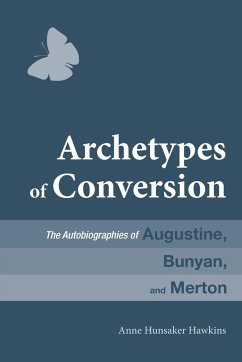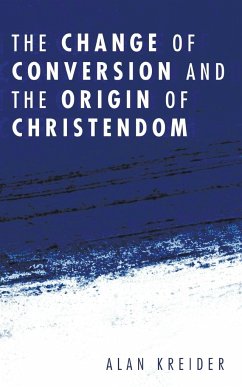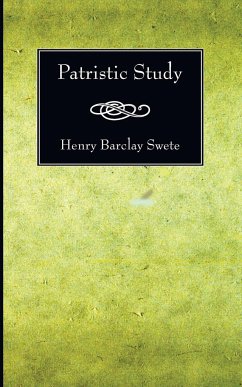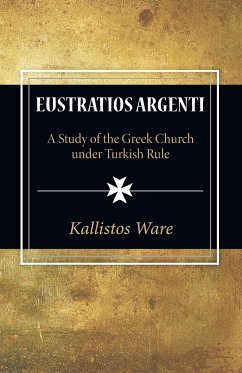This sensitive and imaginative study explores the phenomenon of conversion in three major religious autobiographies: the Confessions of Saint Augustine, Grace Abounding by John Bunyan, and Thomas Merton's The Seven Storey Mountain. These three religious figures could hardly be more different, and yet, as Hawkins shows, their conversion narratives are remarkably similar in patterns of theme, figure, and action. This archetypal approach is particularly appropriate to spiritual autobiography, which is less concerned with ""self"" than with ""soul"" and which seeks to relate the individual to a divine reality that is universal and timeless. Hawkins' approach to these texts is sophisticated, yet free of jargon and doctrinaire psychologizing. Here, archetypal analysis becomes not an end in itself, but also a means to investigate the complexity of the individual text. Hawkins' archetypal analysis serves not only to discern continuities, but also to explore cultural, ideological, and psychological variations. Adapting William James's distinction between crisis and lysis conversion, Hawkins shows that the conversion paradigm central to each autobiography determines its religious meaning, its formal structure, and its archetypal emphases. The author approaches the phenomena of conversion with a blend of critical detachment and imaginative sympathy. She is always careful to honor the authenticity of religious experience, and for this reason her commentary succeeds in illuminating it. The result is an interdisciplinary study that will appeal to the psychologist and literary critic as well as the student of religion. But these narratives of conversion offer paradigms that apply to any deeply significant change, for they are of interest and concern to all readers seeking to find meaning in their lives. Hawkins makes us feel both the immediacy and the permanence of these texts, for ""What is human in them speaks to what is human in us.""
Hinweis: Dieser Artikel kann nur an eine deutsche Lieferadresse ausgeliefert werden.
Hinweis: Dieser Artikel kann nur an eine deutsche Lieferadresse ausgeliefert werden.








